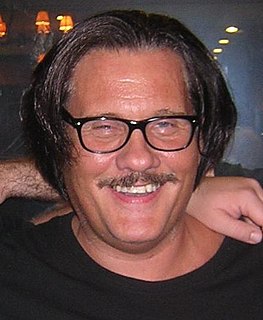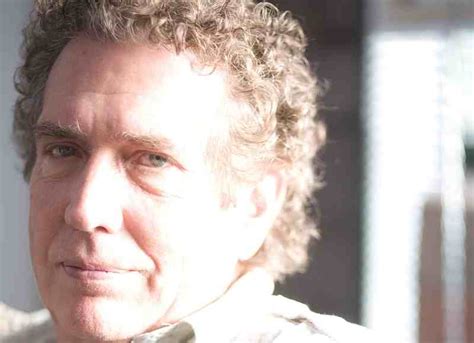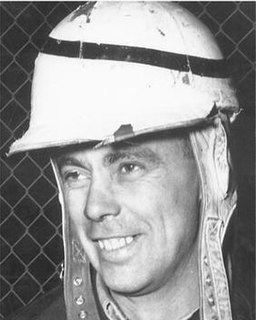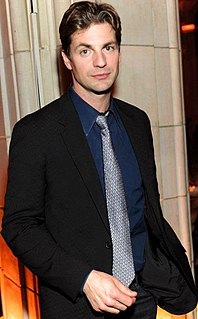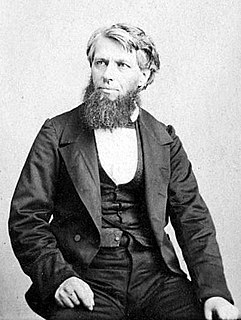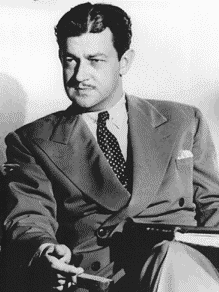A Quote by Georg C. Lichtenberg
There is something in the character of every man which cannot be broken in--the skeleton of his character; and to try to alter this is like training a sheep for draught purposes.
Related Quotes
There is something in the character of every man which cannot be broken in--the skeleton of his character; and to try to alter this is like training a sheep for draught purposes. GEORG CHRISTOPH LICHTENBERG, The Reflections of Lichtenberg We become familiar with the outsides of men, as with the outsides of houses, and think we know them, while we are ignorant of so much that is passing within them.
I love what I do. And in the true sense, from my training, I try to create a character each time. It is something I do. But I don't want that term to limit what I can do. I prefer people to say to me, 'You're one of my favorite actors,' rather than 'You're one of my favorite character actors.' It sounds like a slam.
A man's character is like his house. If he tears boards off his house and burns them to keep himself warm and comfortable, his house soon becomes a ruin. If he tells lies to be able to do the things he shouldn't do but wants to, his character will soon become a ruin. A man with a ruined character is a shame on the face of the earth.
When I'm writing, I try to have the mask of my character on as I'm walking through the world. When I'm not at my desk, the rest of the time, I try to stay in that character and see the world the way that character would It's almost like method acting in a way — keeping the character close the way the actor keeps a script close and always tries to be in character.
Brian is an archetypal character, a bit like Don Juan, which is how I play him. He's a blast to play. He believes unapologetically in his freedom. He holds nothing back. Something I'm learning is, you can't hate the character you play. If I think my character is an asshole, that's all that will come across. He is drawn in an extreme way, but that doesn't mean he's not a person.
Every movie I work with the costume designer to see what feels like the character, not what Columbus would wear but what is right for the character. Outside of the armored truck standard issue security guard uniform, this guy is trying to make ends meet. He might have one pair of jeans, the same boot, maybe changes his shirt but he doesn't have a walk-in closet full of things, so I wanted something comfortable that felt like the character.
In civilized life, where the happiness, and indeed almost the existence, of man depends so much upon the opinion of his fellow-men, he is constantly acting a studied part. The bold and peculiar traits of native character are refined away or softened down by the levelling influence of what is termed good-breeding, and he practises so many petty deceptions and affects so many generous sentiments for the purposes of popularity that it is difficult to distinguish his real from his artificial character.





